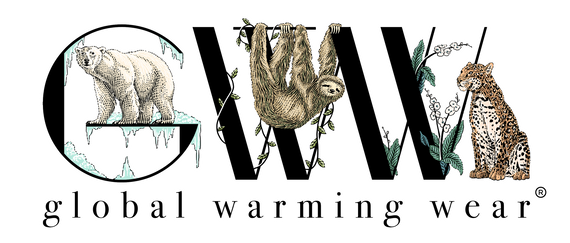Environmentalism Part III: What is Sustainable Development?
Environmentalism, Conservation, and Sustainability:
Part III: What is sustainable development?
The definition of sustainable development is "the use of the Earth's natural resources at a rate that can be maintained indefinitely". This idea was laid out in 1987 by the United Nations Commission on Environment and Development (UNCED) to mean development that considers environmental degradation, protection of human livelihoods, and economical demands.
Sustainable development is different from both environmentalism and conservation because it is an appropriate way to balance environmental concerns with other factors to meet environmentalist goals as well as the needs of humans. For example, UNCED states that environmentalism would "result in unacceptable impoverishment and marginalization for large segments of humankind." Thus, sustainable development is a much broader goal than environmentalism because environmental degradation also affects human livelihoods. Sustainable development balances environmental protection and local conservation with social demands.
There are many ways to promote sustainable development that ensures future access to resources. We must preserve a variety of commodities to live sustainably and protect our planet.
